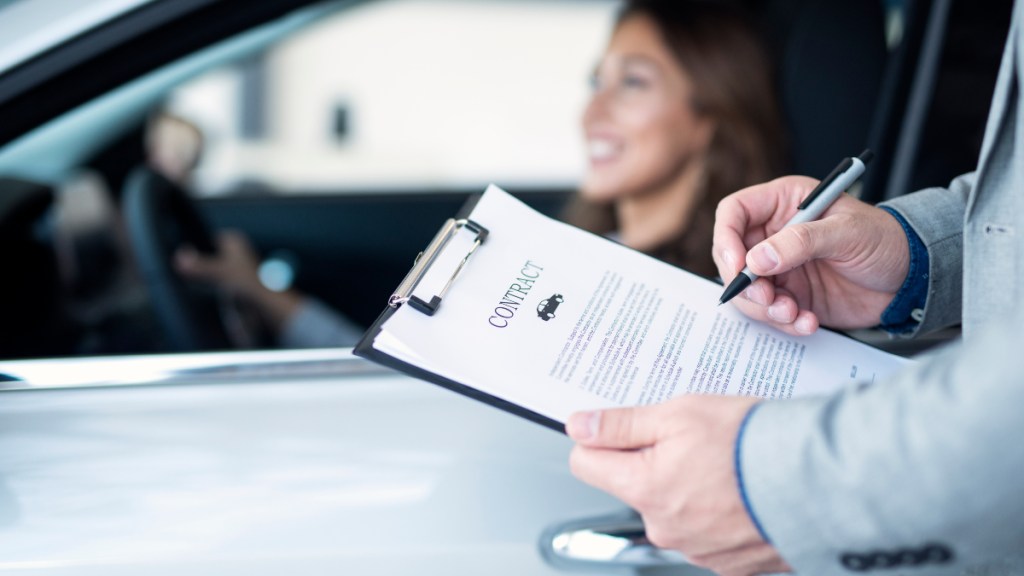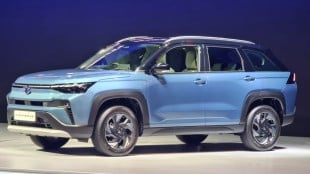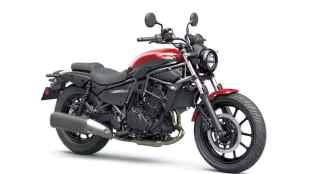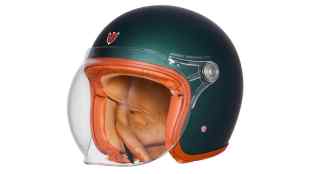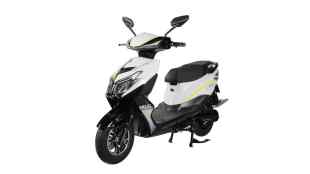The used car/two-wheeler market has been booming in India in recent years, especially since the Covid-19 outbreak in 2020. This prompted even the lower middle class families in India to ditch public transportation and opt for their personal conveyance. This meant the sales of used cars and bikes went up significantly.
While buying a used car, scooter or motorcycle, buyers are usually confused about the process of ownership transfer of the vehicle from the original owner to the new buyers. Let us understand the process of a vehicle’s ownership transfer process in detail and look at the various criteria to be fulfilled for a successful transfer.
When to Transfer Vehicle Ownership?
One can transfer vehicle Registration Certificate (RC) or ownership during the following circumstances:
- If one is reselling his/her car or another vehicle, one must transfer ownership in the buyer’s name. The vehicle ownership transfer enables the RTO to record information about the new owner in its database.
- If the vehicle is auctioned to pay off debts, the new owner must ensure that all vehicle name transfer formalities are fulfilled.
- When the owner dies, ownership of the vehicle is transferred to the lawful heir of the dead. The inheritor must, however, seek a change of ownership of the vehicle.
Documents Required for Vehicle Ownership Transfer
Given below is the list of documents required for vehicle RC transfer:
| Documents for Vehicle RC Transfer | Description |
| Registration certificate | The seller’s original registration certificate (RC). The RC might be a smart card as well. |
| Address-proof documents | These can include the most recent utility bill (electricity, telephone, water, gas, and so on), any KYC document showing the permanent address, and so on. |
| Vehicle insurance certificate | This includes the vehicle’s valid insurance certificate. |
| PAN Card: | Both the seller’s and the buyer’s PAN cards. PAN is only required if the car is worth more than Rs. 50,000. |
Besides the identity proofs mentioned above, one needs to fill the following forms to complete the vehicle ownership transfer for the different conditions.
- Form 29: Where the ownership of a motor vehicle is transferred, the transferor shall report the fact of transfer in Form 29 to the registering authorities concerned in whose jurisdiction the transferor and the transferee reside or have their places of business.
- Form 28: For transfer ownership to one individual to another in case of selling of a vehicle from outside the particular state, the transferee needs to fill Form 28.
- Form 30: Intimation and transfer of ownership of a motor vehicle application.
- Form 31: Transfer of ownership application in the name of the person succeeding to possession of the Vehicle.
- Form 32: Application for ownership transfer in the case of a motor vehicle bought or acquired at a public auction.
- Form 35: Notification of termination of a hire-purchase/lease/hypothecation arrangement. If the Vehicle to be transferred is hypothecated to a bank, Form 35 is not required.
As one can see, there is plenty of paperwork involved when the RC or ownership of a vehicle needs to be transferred. In addition, there is a significant cost involved in transferring ownership of a car/bike depending on the Regional Transport Office (RTO). The cost may vary depending on the age of your vehicle. An automobile (car/scooter/motorcycle) ownership transfer charge might range anything between Rs. 300 and Rs. 2,000 or even more.
